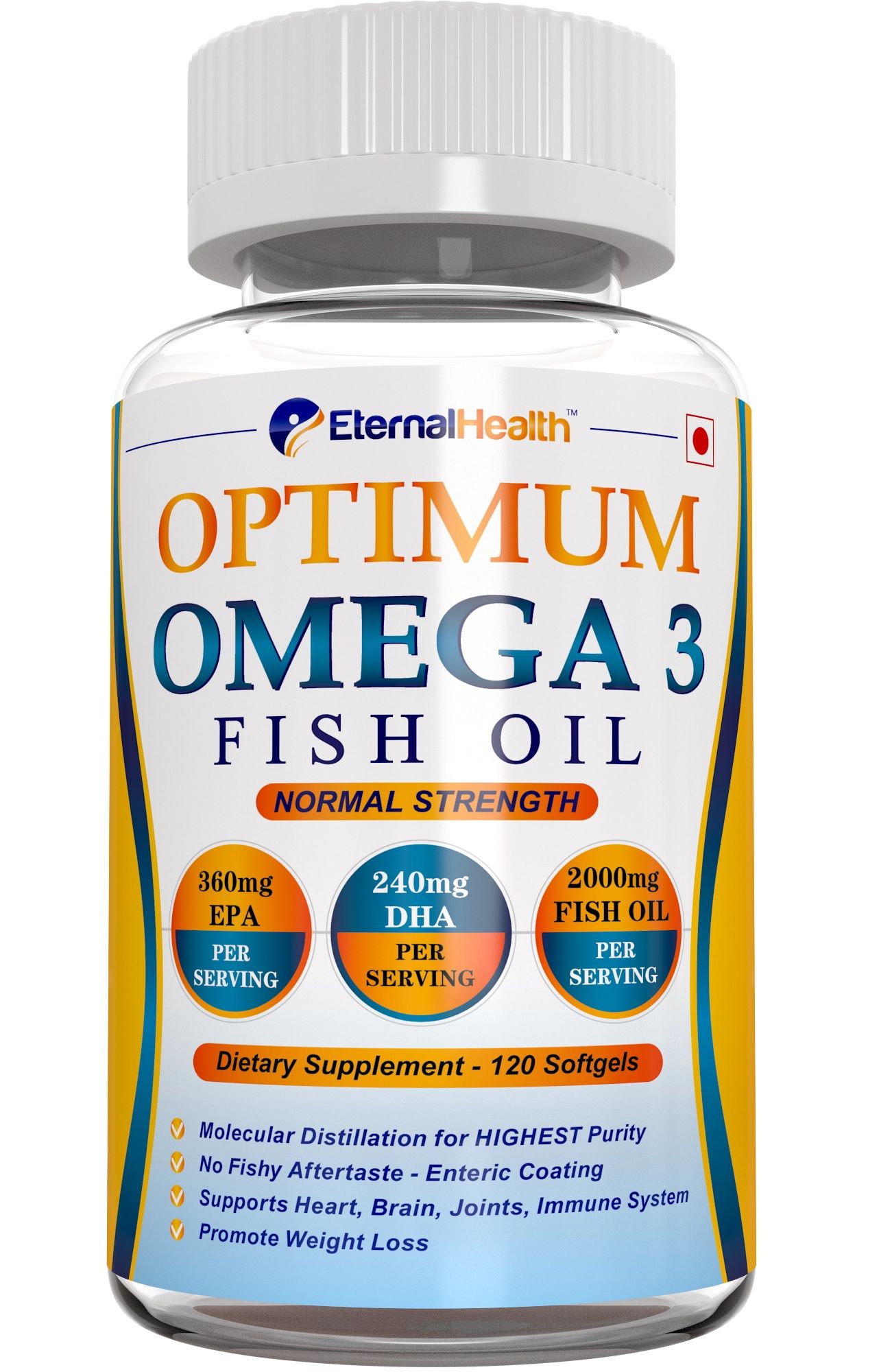

Pregnant or breastfeeding women should limit the amount of white tuna. Women who are pregnant or breastfeeding should consume 8 to 12 ounces of seafood per week from a variety of seafood types that are low in methyl mercury as part of a healthy eating pattern while staying within their calorie needs. The nutritional value of seafood is of particular importance during fetal growth and development, as well as in early infancy and childhood. Results of studies on diets rich in seafood (fish and shellfish) and heart disease provide moderate evidence that people who eat seafood at least once a week are less likely to die of heart disease than those who rarely or never eat seafood. The omega-3 fatty acids EPA and DHA are found in seafood, such as fatty fish. Omega-3 fatty acids are a group of polyunsaturated fatty acids that are important for a number of functions in the body. Some evidence suggests that getting an adequate intake of omega-3 may help protect eye health. The body cannot produce omega-3 on its own, however, so people need to obtain it from dietary sources.Omega-3 fatty acids in fish oils may help prevent heart disease and stroke, according to the AHA. Omega-3 is present throughout the body, especially in the brain, retina, and sperm cells. Lessen the chance of sudden cardiac death in people with heart disease.Reduce the likelihood of heart attack and stroke.Reduce the chance of abnormal heart rhythm.



 0 kommentar(er)
0 kommentar(er)
